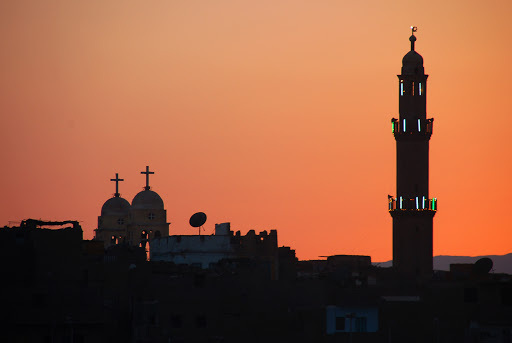 Muslim leaders from around the world adopted a declaration defending the rights of religious minorities in predominantly Muslim countries.
Muslim leaders from around the world adopted a declaration defending the rights of religious minorities in predominantly Muslim countries.
Participants said the Marrakesh Declaration, developed during a Jan. 25-27 conference, was based on the Medina Charter, a constitutional contract between the Prophet Muhammad and the people of Medina. The declaration said the charter, instituted 1,400 years ago, guaranteed the religious liberty of all, regardless of faith.
The conference included Muslim leaders from more than 120 countries, representatives of persecuted religious communities -- including Chaldean Catholics from Iraq -- and government officials.
The declaration said "conditions in various parts of the Muslim world have deteriorated dangerously due to the use of violence and armed struggle as a tool for settling conflicts and imposing one's point of view," which has enabled criminal groups to issue edicts that "alarmingly distort" Islam's "fundamental principles and goals."
"It is unconscionable to employ religion for the purpose of aggressing upon the rights of religious minorities in Muslim countries," the declaration said.
It called on:
- Muslim scholars "to develop a jurisprudence of the concept of 'citizenship' which is inclusive of diverse groups."
- Muslim educational institutions to review their curricula to address material that "instigates aggression and extremism, leads to war and chaos, and results in the destruction of our shared societies."
- Politicians and leaders to take necessary steps to legally "fortify relations and understanding among the various religious groups in the Muslim world."
- All members of society "to establish a broad movement for the just treatment of religious minorities in Muslim countries and to raise awareness as to their rights, and to work together to ensure the success of these efforts."
- Religious groups to remove "selective amnesia that blocks memories of centuries of joint and shared living on the same land."
Cardinal Theodore E. McCarrick, retired archbishop of Washington, provided the public report from the interfaith observers at the conference.
"It is truly a great document, one that will influence our times and our history. It is a document that our world has been waiting for and a tribute to the Muslim scholars who prepared it. As one of the People of the Book, I thank you for this document and I thank the Lord God who has provided his followers the courage to prepare this document.”
